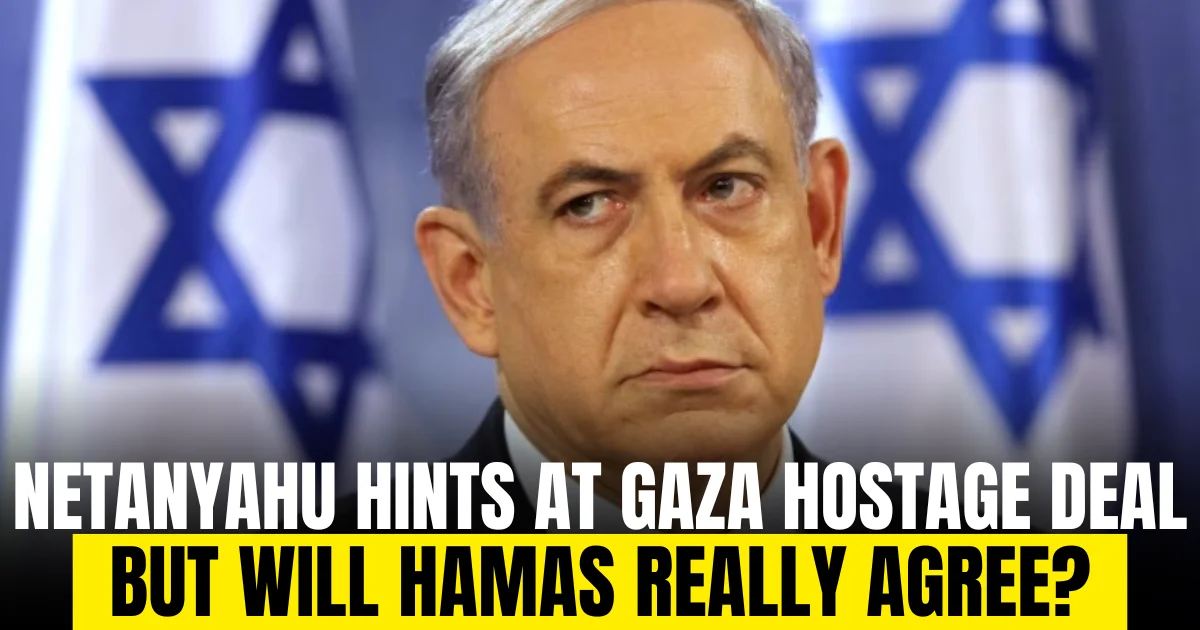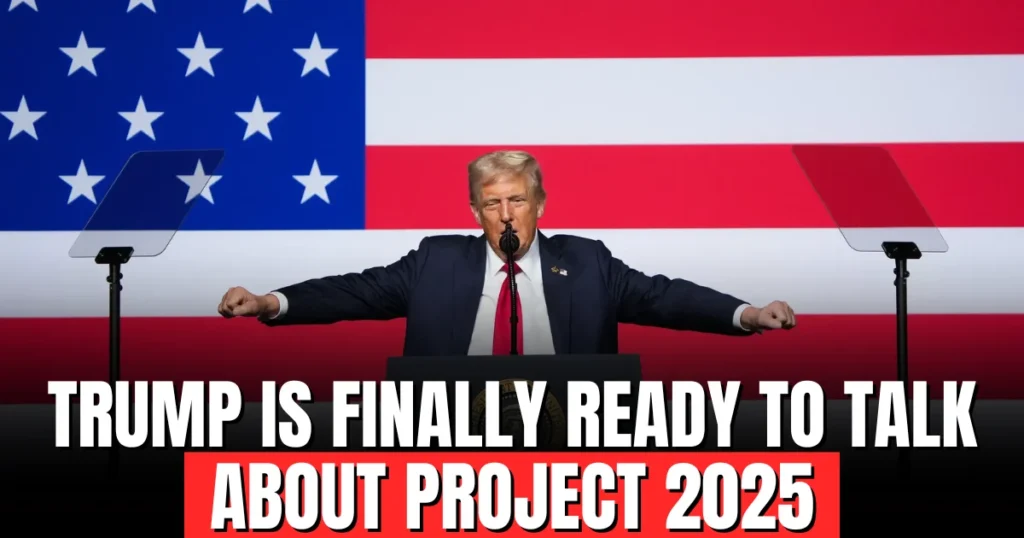Israeli PM Benjamin Netanyahu says a full Gaza hostage release could happen “in the coming days.” But Hamas’ mixed response and Trump’s pressure raise doubts about whether peace is truly near.
Table of Contents
Netanyahu Hopes to Announce the Release of All Hostages from Gaza ‘in the Coming Days’
Israeli Prime Minister Benjamin Netanyahu says the long-awaited release of all hostages held by Hamas could happen “in the coming days.” His comments come as Israel and Hamas prepare for indirect talks in Egypt on a new U.S.-backed peace plan that could reshape the Gaza conflict — if both sides hold their ground.
But even as Netanyahu spoke with renewed optimism, his words hinted at a familiar contradiction: peace talks with no full Israeli withdrawal, disarmament demands for Hamas, and Trump’s growing impatience to end the war by its second anniversary.
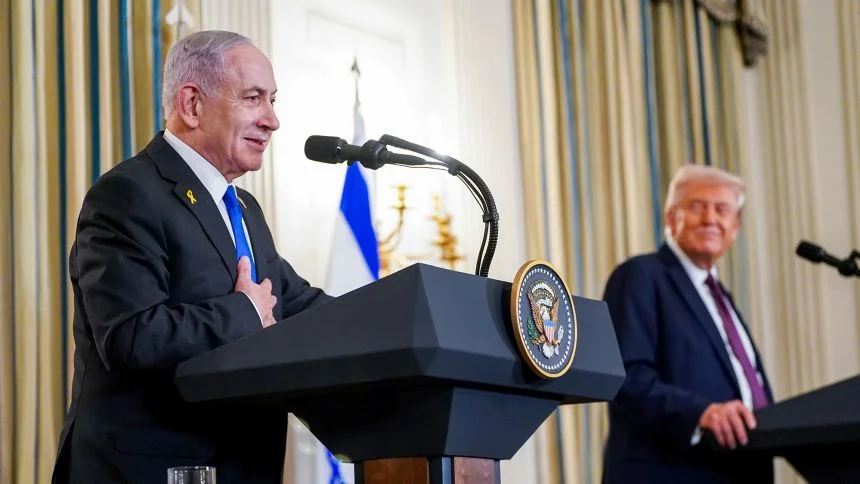
A High-Stakes Gamble: Netanyahu’s Deadline for Peace
Netanyahu confirmed Saturday that an Israeli delegation is heading to Egypt to “finalize technical details” of the deal. His stated goal: to wrap up negotiations within a few days — a rare sense of urgency from the Israeli leader.
Yet, his caveat was clear. Israel will not fully withdraw from Gaza, a major sticking point for Hamas. The Israeli military will retain control of strategic territories, and Hamas’ disarmament will occur either “diplomatically or militarily.”
This means that while the talks are being framed as peace negotiations, Israel’s military posture still suggests readiness for escalation — not retreat.
Trump’s Pressure: ‘Move Quickly or All Bets Are Off’
President Donald Trump, who’s been pushing for a ceasefire deal to mark the October 7th war anniversary, warned Hamas to act fast.
“Hamas must move quickly, or else all bets will be off,” Trump declared, sharing a Gaza map showing wide areas still under Israeli reach.
He also ordered Israel to halt airstrikes, with reports from Gaza City suggesting a noticeable drop in bombardments — though tragic exceptions remain.
At least 22 Palestinians, including women and children, were killed Saturday, according to Gaza hospital officials. Israeli defense sources say the army is now in a defensive-only stance, awaiting orders under Trump’s proposed framework.
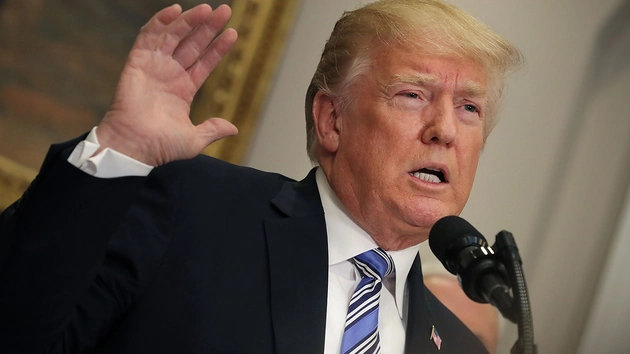
Inside the U.S. Peace Plan: Hope and Hesitation
The new plan calls for Hamas to:
- Release the remaining 48 hostages (about 20 believed alive) within three days.
- Surrender control of Gaza to other Palestinian factions.
- Disarm completely under supervision.
In return, Israel would:
- Pause its offensive and pull back from key zones.
- Release hundreds of Palestinian prisoners.
- Allow massive humanitarian aid and reconstruction to begin.
Hamas has accepted parts of the proposal but demanded “further consultations.” The group has not agreed to demilitarization — the main Israeli condition.
Regional Players and Political Chess
A senior Egyptian mediator revealed that the U.S. team, led by envoy Steve Witkoff, will lead talks in Cairo.
Arab officials are simultaneously preparing for a Palestinian unity dialogue, aiming to prevent a post-war power vacuum.
Meanwhile, political rifts are deepening inside Israel’s own government.
Right-wing coalition members Bezalel Smotrich and Itamar Ben-Gvir criticized the talks but stopped short of threatening Netanyahu’s fragile coalition.
Even so, hope has re-emerged in Tel Aviv, where weekly rallies by hostage families turned emotional this weekend.
“The prospect of seeing our loved ones return has never been closer,” said one spokesperson, urging Trump to “keep pushing with full force.”
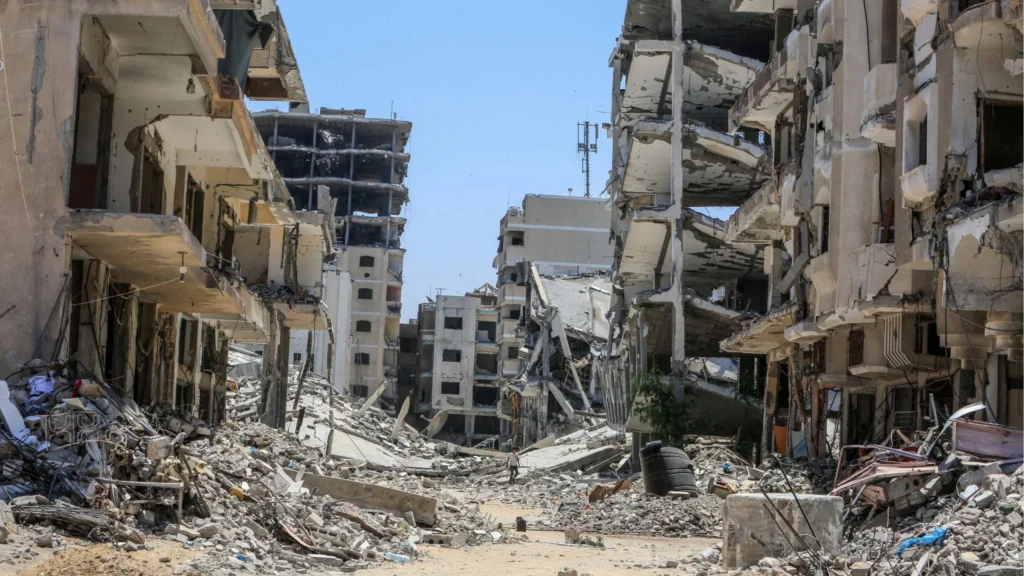
On the Ground in Gaza: A Ceasefire in Name Only
Despite talk of a pause, airstrikes continue sporadically across Gaza.
Hospitals in Gaza City and Khan Younis report dozens of new casualties daily.
“We want practical implementation, not words,” said Sameer Qudeeh, a resident of Khan Younis.
“We are truly tired,” added Mohammad Shaat, his voice weary from nearly two years of conflict.
The Gaza Health Ministry says over 67,000 Palestinians have been killed since the war began, roughly half of them women and children. The figure, though contested by Israel, remains the most widely cited by international agencies.
Will This Finally End the War?
The upcoming Egypt talks could mark a historic turning point — or just another cycle of disappointment.
If the deal holds, Netanyahu could claim a rare diplomatic win while Trump scores a global headline ahead of the election year. But if Hamas stalls or Israel pushes too far, the fragile ceasefire could unravel within days.
As one Israeli analyst put it, “Both sides are playing chicken with history.”
🟨 FAQs
1. What is the new U.S. plan for Gaza?
The plan proposes a phased ceasefire, immediate hostage release, partial Israeli withdrawal, and Hamas’ eventual disarmament — brokered by Egypt and the U.S.
2. Has Hamas agreed to the deal?
Not fully. Hamas accepted certain terms but avoided committing to total disarmament, demanding more consultations among Palestinian factions.
3. What is Netanyahu’s stance?
He supports the talks but insists Israel will keep control of strategic Gaza areas and retain military leverage until Hamas is completely disarmed.
4. How is Trump involved?
Trump is personally pushing the peace initiative and using his influence to pressure both sides, aiming to mark the war’s anniversary with a ceasefire deal.
5. What’s next?
Indirect talks in Egypt could finalize details “within days,” but skepticism remains about Hamas’ intentions and Israel’s willingness to scale back.
🟦 Conclusion: A Deal Within Reach — or Another Mirage?
Netanyahu’s claim that the hostage deal could be announced “in days” has ignited cautious optimism across Israel and Gaza alike. But beneath the diplomacy lies political maneuvering, power struggles, and deep mistrust.
Trump wants a headline victory, Netanyahu wants control, and Hamas wants survival.
Whether these motives can align into actual peace — that’s the real test in the days ahead.
